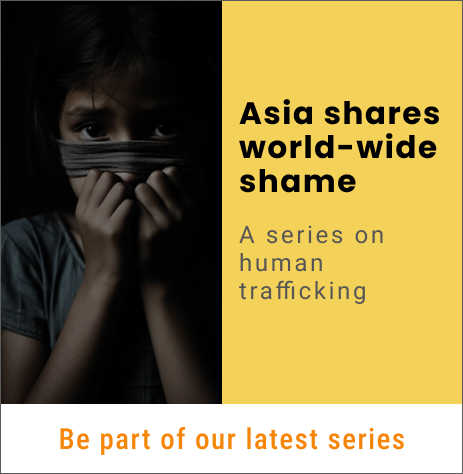Church leaders in the central Indian Chhattisgarh state have refuted a pro-Hindu publication’s claim that 25 tribal people converted to Christianity.
Organizer Weekly, considered the mouthpiece of the influential Hindu group Rashtriya Swayamsevak Sangh (RSS), on Feb. 29 reported that five families comprising 25 members in the state’s Bemetra district converted to Christianity.
Bishop Paul Toppo of Raigarh, who is based in the area said that “it is a political tactic” of the Hindu groups ahead of the national elections.

“We are not surprised by the news. It is their tactic,” Bishop Toppo told UCA News on March 1.
“Even during the state elections in November last year in Chhattisgarh, Hindu groups used the same tactics to divide people in the name of caste, creed and religion,” he said.
India is going to polls in the second quarter of this year. Prime Minister Narendra Modi, whom pro-Hindu groups support, is seeking a third consecutive term.
Ahead of the general elections, the pro-Hindu party and its parent organization RSS are accused of making efforts to polarize voters on communal lines.
The state’s stringent anti-conversion law stipulates conversion ceremonies should be conducted only after informing the district officials.
Organizer Weekly has sought action against the tribal people for violating the anti-conversion law, which came into force in Chhattisgarh in 2006.
The report said Hindu groups have threatened action against government officials who failed to initiate legal measures.
Christian leaders say Hindu groups project themselves as champions of the interests of tribal people and oppose Christians among them in their effort to create a nation of Hindu hegemony.
Bishop Toppo said during the state election Hindu groups held rallies demanding the administration de-list tribal people who became Christians.
De-listing them as tribal will make them ineligible for the government concessions meant for tribal people, the prelate said.
Irrespective of their religion, tribal people get benefits like reservation quotas in state education institutions and public sector companies under India’s affirmative action policy, which was adopted after India gained independence from Britain in 1947.
Tribal people form more than 30 percent of Chhattisgarh’s 30 million people. Christians, mostly tribal people, form less than 2 percent of the state’s population.
Credit: Source link




